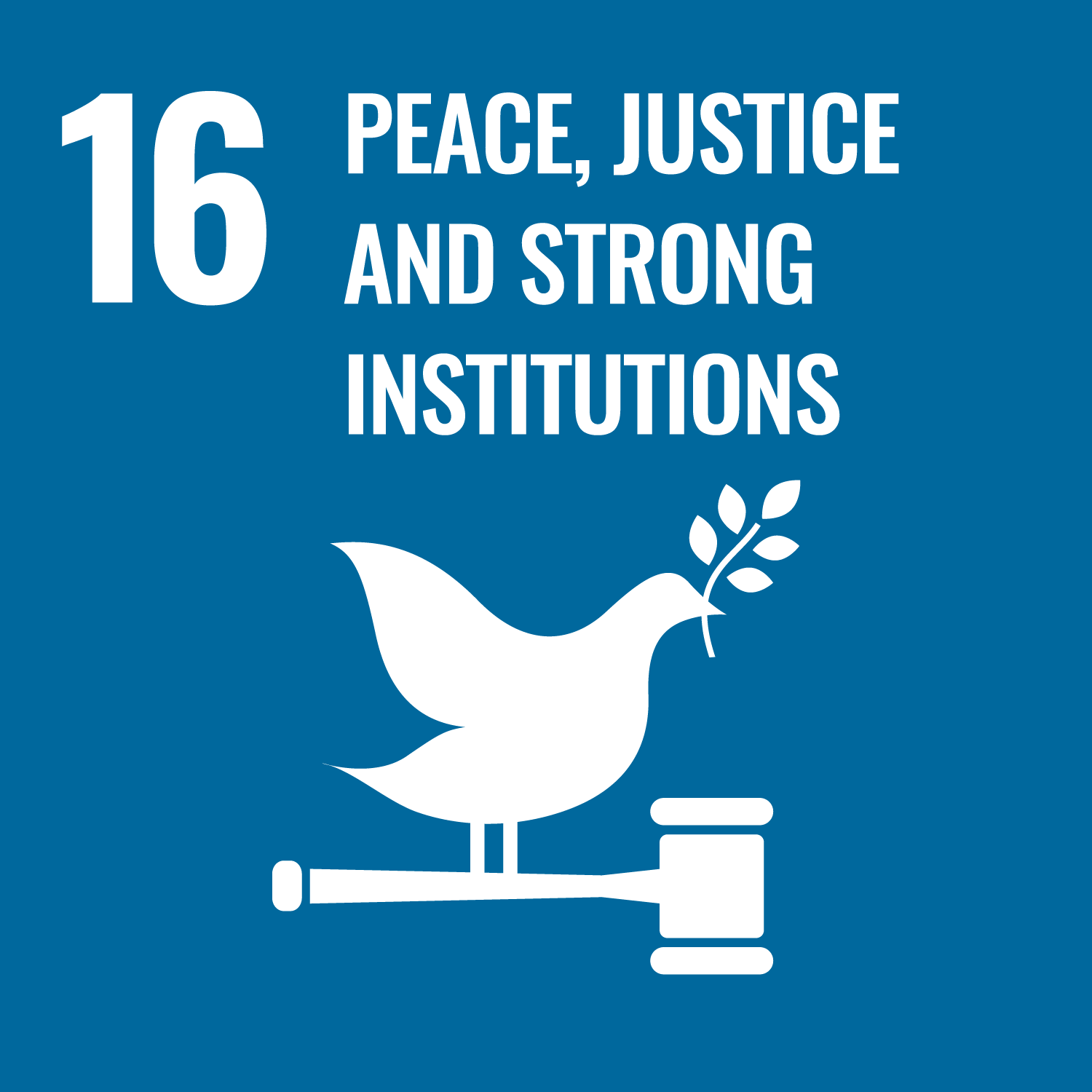 Malawi Electoral Cycle Support Project
Malawi Electoral Cycle Support Project

Challenges
Tripartite elections for Presidential, Parliamentary, and Local Government were due to take place in May 2019 in Malawi. The country needed a conducive electoral environment to allow for a credible, free and transparent election. The elections are a unique opportunity for transforming the elections management body to ensure that the shortfalls of the 2014 elections are addressed.
Towards a Solution
The project supported Malawi Electoral Commission (MEC) and other stakeholders such as the media, CSOs, political parties, Malawi Police Service in the organisation of the general elections that were held in May 2019. The programme aimed to complement and provide value addition to other ongoing work in the electoral environment to allow for a credible, free and transparent election. The Project was structured around five outputs: (1) The MEC is trusted by the public and political parties as an impartial entity possessing the capacity to administer and manage elections in accordance with regional and international obligations; (2) strengthen women’s political empowerment throughout the electoral cycle; (3) enhance the ability of key stakeholders, including political parties, to contribute to orderly and inclusive elections; (4) provide support to the Malawi Police Service (MPS) for heightened security around elections and (5) ensure effective and efficient management, partnership formation and monitoring and evaluation of the Project.
Through the project, the MEC cooperated with the Zambia Electoral Commission’s Legal Department to learn its functions. This resulted in operationalising the MEC legal department which was able to carry out its mandate such as development of legislation for the use of the National ID and training of alternative dispute resolution mechanisms. The legal department was also critical in the development of the complaints and disputes handling guidelines which have been gazzetted as part of the electoral law. The MEC further cooperated with the Ghana EMB to learn on the use of technology in electoral process which resulted in the smooth running of the voter registration process with 6,859,570 Malawians registered. The voters roll is the cleanest and credible thus far as it eliminated duplications, underage registrants and foreigners which has guaranteed “One Person, One Identity, One Vote.”
The legal department’s sustainability is guaranteed as it is part of the MEC’s organogram as approved by the Government of Malawi. Hence the position is funded through the MEC’s operational budget. Being that a legal department is an essential part of an EMB, other countries can replicate by developing clear mandates for the department, secure funding for operations, capacity building, and ensuring that the department becomes part and parcel of the EMB.
The biometric voter registration, it is being sustained through the continuous civil registration which is imbedded into the National Registration Bureau Act of 2010. As long as the National Registration Bureau (NRB) continues to register citizens, then the MEC can utilize the biometric data to update the voters register for the next elections. In addition, the MEC has to lobby for the National ID to become an exclusive source of voter identification to ensure that the process is backed by law.
Other countries can replicate from two fronts. The first one is to establish a national civil registry if it doesn’t exist which then can be basis for voters register. Secondly, the countries can develop a biometric voter’s system without the civil registry, but this requires that the EMB has enough resources to produce voters’ cards which was not the case in Malawi. Most importantly, any country willing to replicate can visit Malawi to get first hand experience and technical assistance.
Contact Information
Countries involved
Supported by
Implementing Entities
Project Status
Project Period
URL of the practice
Primary SDG
Similar Solutions
| NAME OF SOLUTION | Countries | SDG | Project Status | |
|---|---|---|---|---|
100% Online Electronic Apostille and Legalization Sharing Colombia’s effective e-government system with other countries in the region |
Ghana, Malawi, Zambia | 16 - Peace and Justice Strong Institutions | Completed | View Details |
360-Degree Awareness Tool to Fight COVID-19 Raising awareness and ensuring public wellbeing through a one-stop platform for fighting COVID-19 in Bangladesh |
Ghana, Malawi, Zambia | 16 - Peace and Justice Strong Institutions | Ongoing | View Details |
Accelerator Labs Network Following collective intelligence methods to address emerging sustainability challenges and the growing demand for local solutions |
Ghana, Malawi, Zambia | 08 - Decent Work and Economic Growth 13 - Climate Action | Ongoing | View Details |
Accessibility of Financial Services and the Private Sector in Africa Maximizing the impact of financial cooperation on economic development and industrialization in Africa |
Ghana, Malawi, Zambia | 08 - Decent Work and Economic Growth | Completed | View Details |
ADAPT PLAN in Malawi |
Ghana, Malawi, Zambia | 01 - No Poverty 05 - Gender Equality 11 - Sustainable Cities and Communities | Ongoing | View Details |